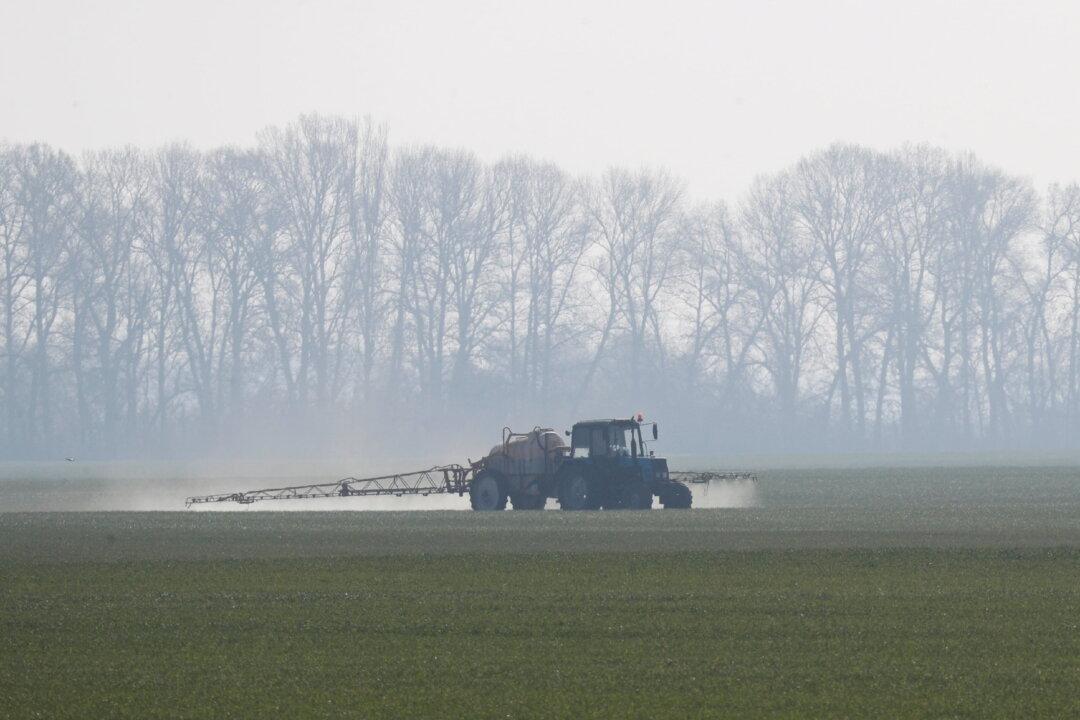Russia’s war against Ukraine and the resulting sanctions are pushing the world into a food crisis, according to fertilizer and coal billionaire Andrei Melnichenko.
The war “has already led to soaring prices in fertilizers which are no longer affordable to farmers,” Melnichenko, the founder of EuroChem, one of Russia’s biggest fertilizer producers, told Reuters. “Now it will lead to even higher food inflation in Europe, and likely food shortages in the world’s poorest countries.”





